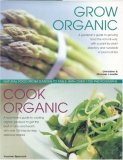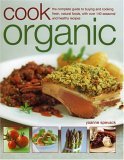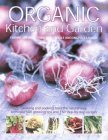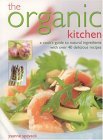Anise
Among the café set, anise is the herb most likely to be invited to cocktails. From Greek ouzo to French pastis to Italian sambuca, anise lends its distinctive flavor to some of the world's most sophisticated libations — but the herbally hip know that this plant has as important a place in the medicine chest as it does in the liquor cabinet.
Should Anise be in Your Medicine Chest?
What the Tea Leaves Say: Here are the ins and outs of using anise tea, courtesy of our resident tea leaf reader, Herbala...
Try anise if:
- You're hacking and hacking, but nothing's coming up. A popular ingredient in cough drops, anise contains the chemicals creosol and alpha-pinene, which have been shown to loosen mucus in the bronchial tubes and make it easier to cough up.
- You wined, you dined... and your tummy needs a bedtime story. There's a reason why anise-flavored cordials are drunk after dinner: Anise contains the chemical anethole, which helps relieve gas and settle a queasy — or just burgeoning — tummy. A cup of anise tea is a refreshing, elegant way to cleanse the palate after a big meal without the alcohol or calories of a digestif.
- You need help priming the pump. Traditional herbal healers have long recommended anise to help a nursing woman's milk come in, and modern science suggests there's some reason to believe it works. Anise contains the compounds dianethole and photoanethole, which are chemically similar to the female hormone estrogen. If you're a new mom and would like to try anise, drink three cups of the tea spaced throughout the day.
- You're throwing off enough heat to power a small city. If menopausal hot flashes have you wondering if you could fry an egg on your forehead, give anise tea a try. The same mild estrogenic action that makes it valuable for nursing moms may also help take the edge off your menopausal symptoms.
Like this page? Please link to us and let the world know!









